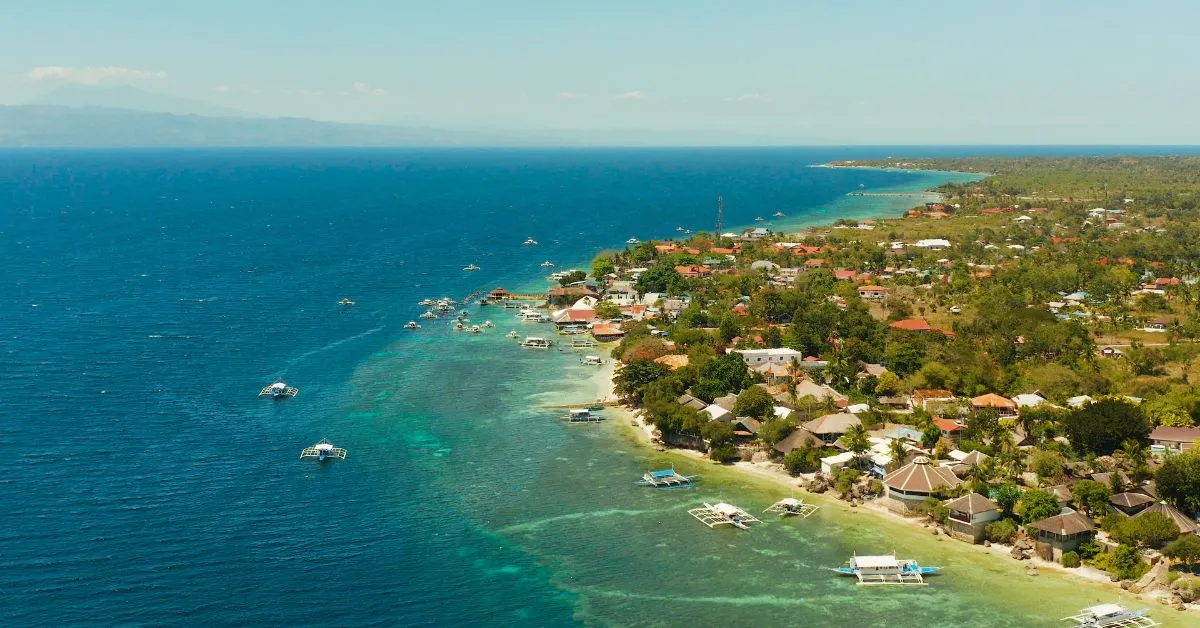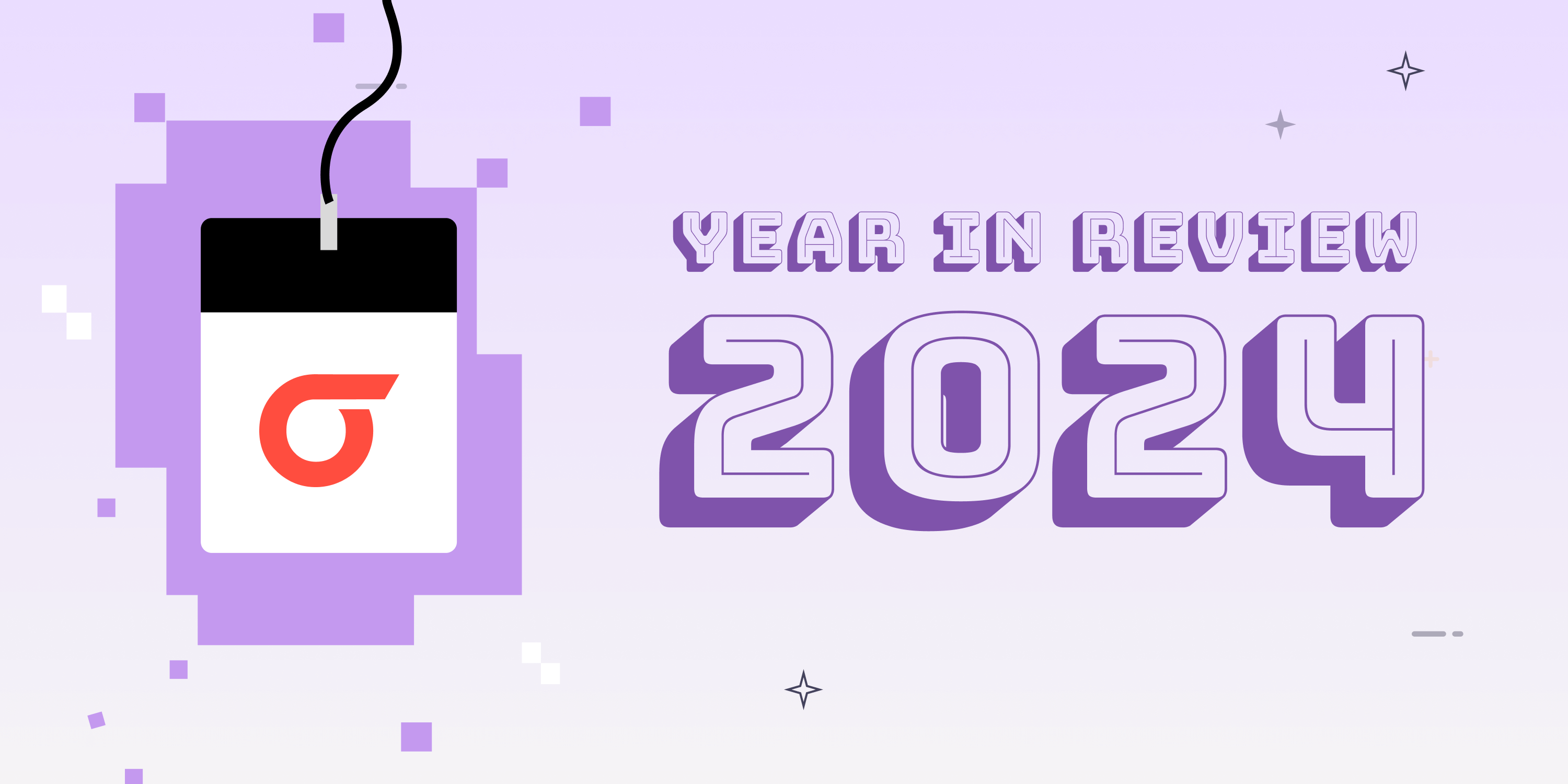Europe should put in place an electronic EU-wide database of catch certificates to better track illegal, unreported and unregulated fishing from third countries, auditors said in a report on Monday (26 September).
The current paper-based system is problematic because “the lack of digitalisation makes it not only inefficient, but it also creates a higher risk of fraud,” said Eva Lindström, who is leading the audit.
Following demands from some member states, industry groups and civil society, the European Commission put forward a common IT system called ‘CATCH’ in 2019 to automate controls and cross-check, in real-time, on a voluntary basis.
But no member state is actually using it.
The Commission has proposed to make CATCH mandatory, under the revision of the fisheries control system. But its pending implementation will not be immediate, meaning member states will not be obliged to have this system in place for several years.
By comparison, some non-EU countries such as Norway, the USA and the UK validate and process catch certificates electronically.
The EU pledged to end illegal fishing by 2020, but failed to meet this target — and there is still the risk that fish caught in an illegal way are sold on the single market, auditors said.
EU countries are in charge of carrying out checks on national fleets and controlling fisheries activities in their national waters, but overfishing and misreporting of catches remain a major issue in the EU.
“These checks are useful, but […] non-compliance remains an issue,” said Lindström.
According to the report, misreporting of catches is the most reported infringement by the EU fleet, followed by fishing in closed areas or with no quota allocation, and using illegal gear.
Fishing vessels must report all catches of certain species for which the vessel has quotas. But on many occasions, fishermen throw back unwanted catches at sea due to low commercial value or may be subject to a quota.
Most discarded fish do not survive, and such actions cannot easily be detected, making enforcement challenging for national authorities.
Between 2015 and 2021, the commission launched 11 infringement procedures against eight member states for failing to apply effective measures to fight illegal fishing.
Serious infringements detected by EU countries led to an investigation or prosecution in most of the cases, but EU auditors have urged the commission to harmonise the penalty system.
Very variable fines
They said the average fine imposed for a similar infringement varied among member states, ranging from around €200 in Cyprus, Lithuania, and Estonia to more than €7,000 in Spain.
As the world’s largest importer of fisheries products, the EU’s fight against illegal fishing also depends on third countries.
When the legality of products coming from third countries cannot be guaranteed, the EU can issue a yellow card warning a country or a red card to ban imports from that country.
So far, the bloc has issued yellow cards to 21 countries, including Thailand in 2015 and Vietnam in 2017, and a red card to six countries such as Cambodia or Comoros.
While the system has triggered important reforms in some countries, trade volumes between the EU and half of the countries carded are minimal, the auditors noted.





















Discussion about this post